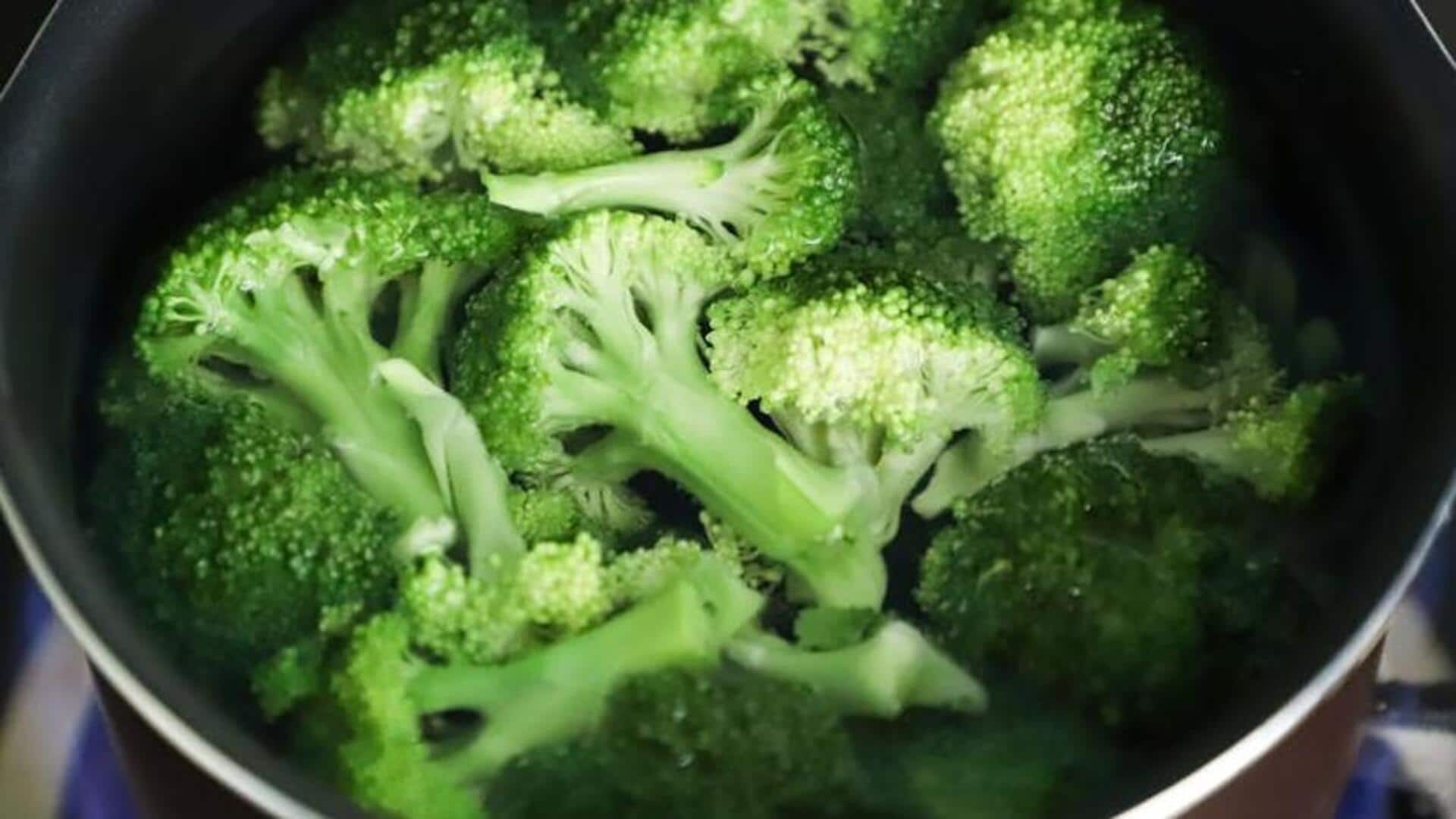
Broccoli v/s cauliflower: Which is healthier?
What's the story
Broccoli and cauliflower are two widely-used vegetables that are often compared for their nutritional value.
Both are members of the cruciferous family and provide a host of health benefits.
Although they have some similarities, each of them has unique characteristics that make them an important part of a balanced diet.
Here's how they differ from each other.
Vitamins
Vitamin content comparison
Broccoli has the highest vitamin C content, delivering over 100% of the recommended daily intake in a single serving.
It also has vitamin K, which is beneficial for bones.
Cauliflower, though it has less vitamin C than broccoli, still provides a healthy dose along with vitamin B6, which is good for brain development and function.
Fiber
Fiber and digestion
Both broccoli and cauliflower are also great sources of dietary fiber, which promotes healthy digestion.
Broccoli has slightly more fiber per serving than cauliflower, which can help keep your bowels regular and prevent constipation.
This makes both vegetables great for keeping your digestive health in check.
Antioxidants
Antioxidant properties
Broccoli is rich in antioxidants, particularly sulforaphane, which is important for lowering inflammation and providing protection against several diseases.
Meanwhile, cauliflower also has antioxidants but in lesser amounts compared to its green sibling.
These important compounds are essential in the body's battle against dangerous free radicals, supporting in sustaining overall health and preventing cellular damage.
Calories
Caloric content analysis
When it comes to caloric content, both vegetables are low-calorie options suitable for weight management diets.
Broccoli has approximately 55 calories per cup when cooked, while cauliflower has around 25 calories per cup cooked.
This makes them ideal choices for those looking to reduce calorie intake without sacrificing nutrition.